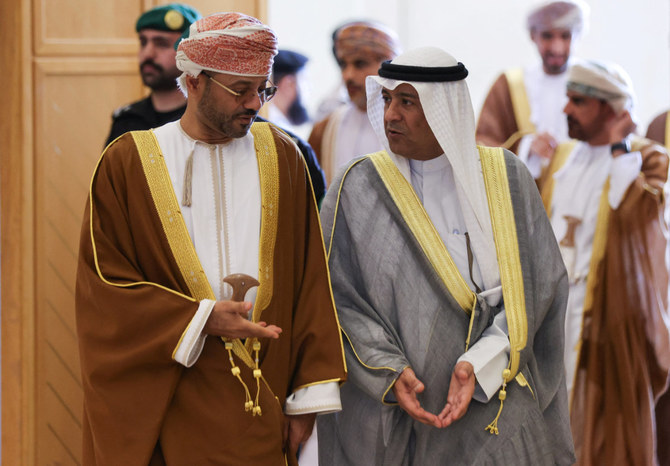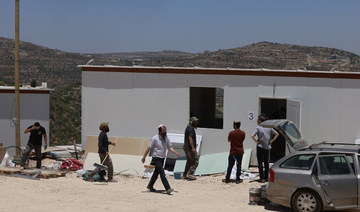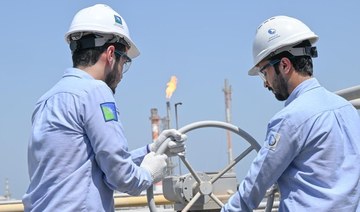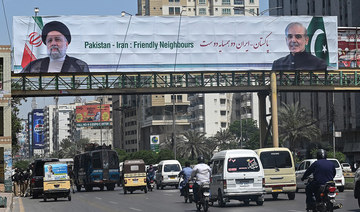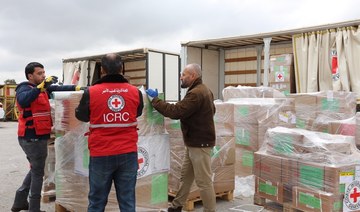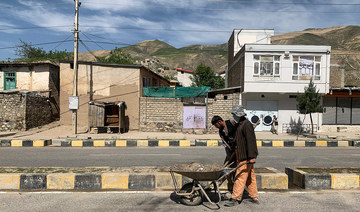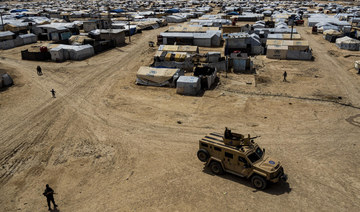RIYADH: The GCC’s foreign ministers on Thursday condemned Iran for what they termed were “false” claims that prisoners were being treated badly in a Bahrain prison.
The ministers were responding to comments made by the spokesman of Iran’s Ministry of Foreign Affairs about jail conditions in Bahrain.
Citing the principles of the UN Charter on “good neighborliness and non-interference in the internal affairs of states,” the GCC Ministerial Council called on officials in Iran “to investigate accuracy and not rely on incorrect information.”
The rebuke was part of a comprehensive statement issued by the GCC Ministerial Council at the close of its 57th session in the Saudi capital.
Manama had earlier rejected Iran’s ministry spokesman Nasser Kanaani’s claim that “unfavorable” jail conditions in Bahrain had led to a hunger strike by some 800 prisoners.
Bahrain’s Ministry of Foreign Affairs said Iran should “be more accurate and not to be misled by false information that harms relations between the two countries.”
Bahrain is part of the six-nation GCC, which includes Qatar, Kuwait, Oman, Saudi Arabia and the UAE.
A Reuters report quoted Bahrain’s General Directorate of Reform and Rehabilitation as saying that the number of detainees who have reported being on hunger strike had at no time gone beyond 124 and that their complaints were being addressed.
The GDRR said the hunger strikers are provided with access to medical check-ups on a daily basis and none of them have required critical care or hospitalization. “Any claims to the contrary are false,” it said.
Bahrain’s MFA said the National Institution for Human Rights and the Prisoners and Detainees Rights Commission have conducted unannounced visits to the Reform and Rehabilitation Center to investigate allegations regarding the conditions of inmates.
“They reviewed a number of demands made by some inmates and submitted a detailed report to the relevant authorities,” the ministry said.
In addition to the Bahrain issue, the GCC Ministerial Council statement welcomed the steps taken by Saudi Arabia and Iran to resume diplomatic relations.
It reiterated the decisions of the GCC Supreme Council during its 43rd session in December 2022 that with respect to relations with Iran, mutual respect and resolving disputes by peaceful means and direct dialogue, rather than the use of, or threatening the use of force, must be adhered to.
The Ministerial Council stated that Iran should not exceed the rate of uranium enrichment required for non-military use, and the need to cooperate with the International Atomic Energy Agency.
It further “stressed the importance of preserving maritime security and waterways in the region, and addressing everything that might threaten the shipping lanes, international trade, and oil installations in the GCC states.”
The GCC and other countries have in the past accused Iran of attempting to destabilize the region, including arming the Houthis in Yemen, Hezbollah in Lebanon, and various groups in Iraq. Iran’s Revolutionary Guards had also been accused of disrupting commercial shipping in the Arabian Gulf.




